
Web2 lacks ownership, but Web3 will provide users more control over platforms, websites and protocols.
Known as Web2, the current iteration of the internet emphasizes creating and distributing user-generated content. Websites like YouTube, social media apps like Instagram and Twitter, news sites, personal blogs and more make up a large part of the internet.
Web2 is a step up from Web1, which was mainly a read-only web version filled with simple static websites. Web3 aims to bring decentralization and token-based economies to the internet.
Web2 versus Web3
The development of several different web protocols at the beginning of the twenty-first century made it possible for programs and content to be linked via read-and-write interactions. Web2, in its present form, enables users to consume material created by other users and create their own content. Readers are probably best acquainted Web2. As a result of Web2’s autonomy in content production, the age of social networks was ushered in, and with it came the proliferation of blogs, online forums and online markets.
However, rent-seeking centralized corporations have taken advantage of this free flow of information to monetize user data and habits, despite the undeniable fact that Web2 has offered users significant advantages. The demand for a web that developers and users control has increased, primarily due to a breakdown of trust, user exploitation and data control.
The goal of Web3 is to encourage open services driven by decentralized applications (DApps) rather than centralized apps controlled by tech behemoths. Users of Web3 can connect to applications and protocols directly, removing the need for third-party intermediaries in the process. Web3 has been described as the "read/write/own" version of the internet. Open services built on Web3 encourage permissionless entrance, maximize value and ensure verifiability. These services are much more dependable, equitable and ethical.
Users are not required to pay recurring fees or provide personal information to use technological platforms; instead, they are invited to participate in the governance and operation of the protocols. Participants are stakeholders in the network, rather than just consumers or goods abused to satisfy economic demands.
Tokens or coins are used in this setting to symbolize accessibility, governance and ownership of decentralized networks. In Web2, the user plays the role of the product; in Web3, they take on the role of the owner.
Úrsula O'Kuinghttons, director of communications and partnerships at the Web3 Foundation, an organization that supports blockchain and Web3, told Cointelegraph:
"There are two primary considerations when we think of ownership in Web3. The first concerns how organizations are managed. The existing, flawed status quo puts ownership in the hands of the various powerful individuals fronting up organizations, institutions, and corporate entities."
O'Kuinghttons continued, "A properly decentralized web ensures ownership of these monolithic structures is stripped of such hierarchy. It means networks and communities have much more power in governance and decision-making. It also means rewards are shared more fairly. The engineers are building Web3 to embrace the power of a peer-to-peer network to create lasting and effective solutions with blockchain."
Recent: How GameFi contributes to the growth of crypto and NFTs
"The other key issue surrounds sovereign ownership of data. Web3 seeks to safeguard the legitimate claims of individuals to have full control of their data and put privacy at the forefront of their online lives. This goal can be reached through zero-knowledge proof protocols, encryption, and private keys."
How Web3 will bring ownership to users
Web3 will bring ownership to users in many ways, one of them being the ability to host websites that cannot be censored or taken down. The current web hosting system relies mainly on servers controlled by centralized organizations. These organizations can take websites down if they feel they have a good enough reason to do so.
Decentralized file storage networks allow people to build censorship-free websites using the InterPlanetary File System (IPFS) protocol. Instead of using a central server, with IPFS, every individual acts as a server by caching a piece of data from the site. Once another user visits that site, the data is loaded from one of the cached users. So, for example, if a million users visit a site to view a photo, the photo file can be loaded from any of those million hosts when the next person visits the site.
This process removes the need for a centralized entity, as the burden of serving the website is distributed between the users who have accessed it. This is possible because data files have a unique cryptographic hash as an address instead of a user-generated name like red-car.png. Once the file is requested, the unique hash is sought and recovered from the cache.
Organizations like the Web3 Foundation are providing support for the development of technologies and applications in the field of decentralized web software protocols. They provide grants to teams across the world who are helping to build out the Web3 ecosystem. The foundation currently supports 415 projects in the Polkadot ecosystem with its grant program. In addition, over 1,000 grant applications have been submitted.

Decentralized autonomous organizations (DAOs) also play a big part in Web3 infrastructure. The next wave of user adoption in Web3 ownership and accessibility will be driven by community-owned and governed DAOs, with nonfungible tokens (NFTs) helping to drive this adoption.
DAOs are self-governing groups whose decisions are carried out using smart contracts on the blockchain. DAOs eliminate the need for a governing body or single point of authority by bringing together individuals with common interests and talents. Furthermore, because of the blockchain's distributed structure, all decisions and transactions can be viewed and confirmed by everyone.
DAOs may be used to facilitate collective ownership in the context of NFTs. Members make decisions by voting at regular intervals, and access to built-in treasuries needs member approval. The escalating cost of NFTs has unintentionally put many collections out of reach for individual customers. DAOs can enable users to share the cost and ownership of individual NFTs to level the playing field and foster the decentralized ethos of accessibility and inclusion.
DAOs provide a governance structure for Web3 that enhances involvement while reducing the chance of corruption or censorship. They may be found in several situations ranging from social media to play-to-earn games. The popularity of DAOs will spread to decentralized finance (DeFi), NFT collection and philanthropic organizations as DAOs gain traction. Furthermore, unlike hierarchical organizations, DAOs allow immediate decision-making once all members agree.
Nonprofits could greatly benefit from the DAO concept. Administrative expenditures and resource distribution hesitation are unlikely to offset the benefit of a charity's outstanding work. Moreover, using DAOs enables the effective and timely distribution of funds to their intended beneficiaries. Consequently, NGOs may have a stronger influence on their end purposes.
Recent: Why quantum computing isn’t a threat to crypto… yet
DAOs may also be utilized as a direct avenue for investment and quick DeFi adoption. DAO-conducted peer-to-peer crypto transactions are inexpensive, practically instant and unregulated by bank laws. As a result, members who take out loans or engage in other activities may earn better returns than they would have received at a traditional bank. This industry's tremendous development seems to have no end.
Using NFTs and DAOs to buy and store these digital assets expands the creator economy, which is especially significant, given the present generation's obsession with social media and content creation. Because the value of a creator's work is inextricably related to their reputation, following and establishment, the creators gain. DAOs, like many large organizations and businesses, will most certainly enable user access to Web3 in the future.

You can get bonuses upto $100 FREE BONUS when you:
💰 Install these recommended apps:
💲 SocialGood - 100% Crypto Back on Everyday Shopping
💲 xPortal - The DeFi For The Next Billion
💲 CryptoTab Browser - Lightweight, fast, and ready to mine!
💰 Register on these recommended exchanges:
🟡 Binance🟡 Bitfinex🟡 Bitmart🟡 Bittrex🟡 Bitget
🟡 CoinEx🟡 Crypto.com🟡 Gate.io🟡 Huobi🟡 Kucoin.








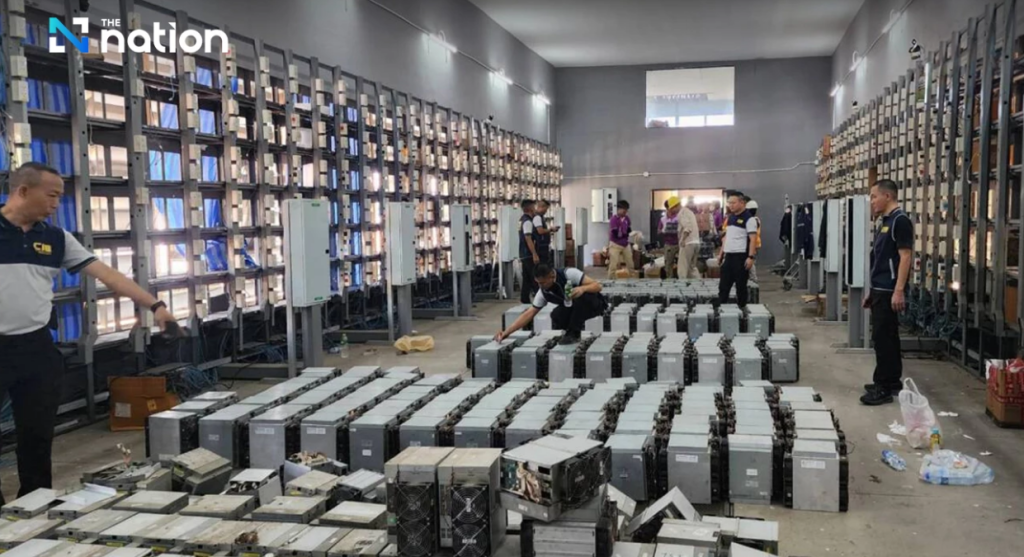



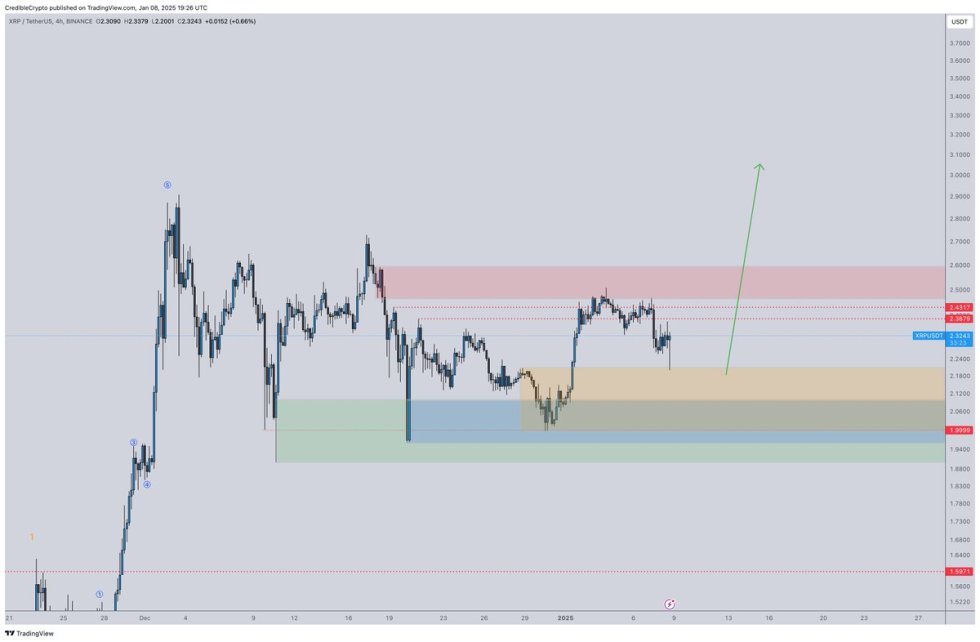
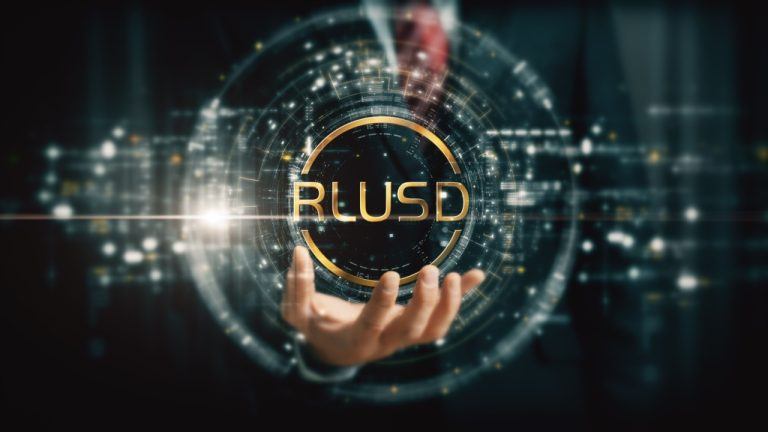


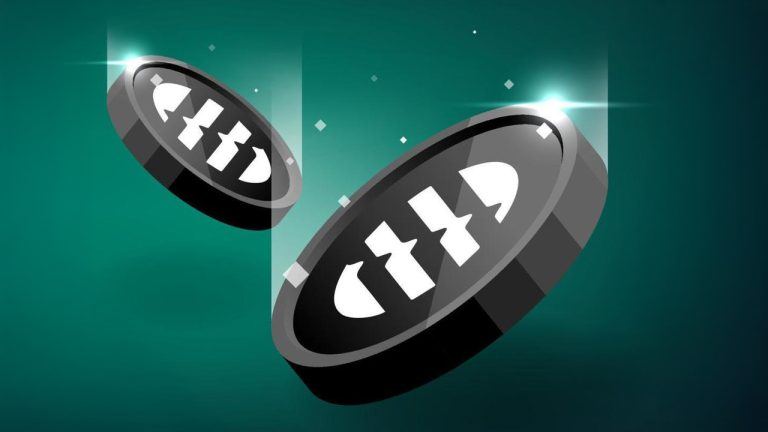

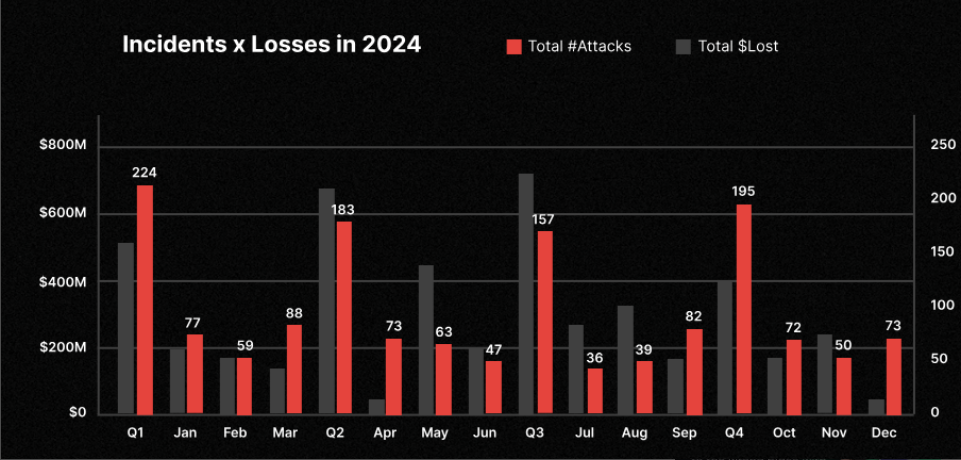
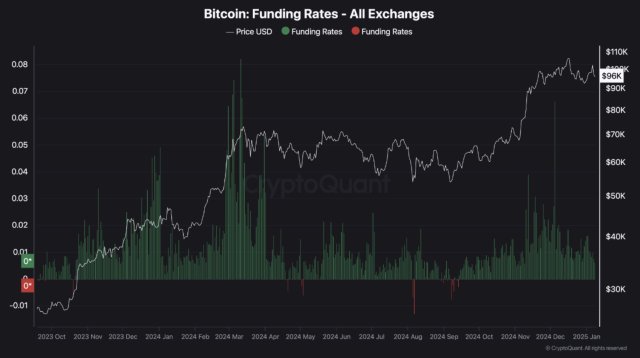
Comments